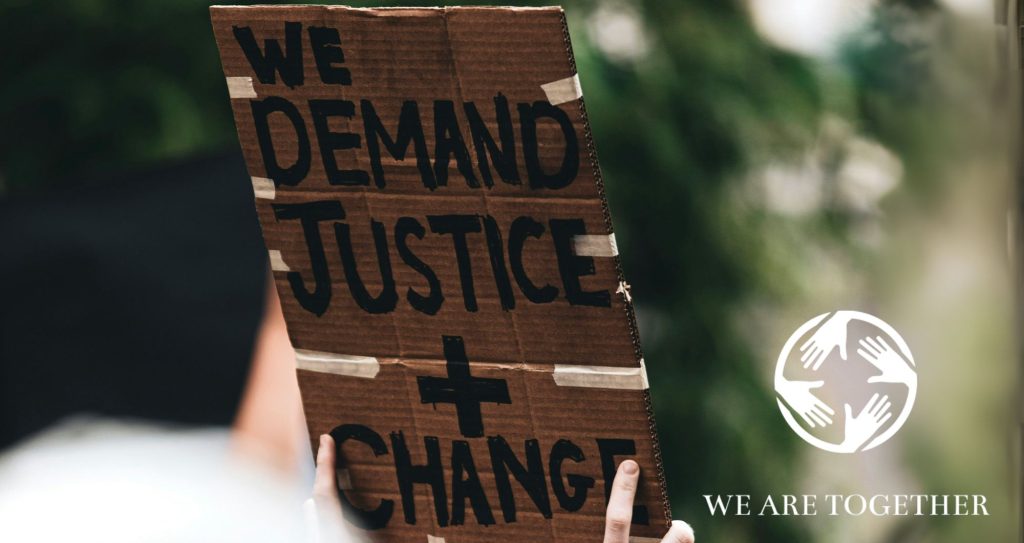Minneapolis, US. June 24th 2025 — A rally at the Minnesota State Capitol in May 2025 has reignited national debate over forced labor in American prisons, as demonstrators demanded an end to involuntary work assignments for incarcerated individuals. Organized by the Minnesota Prisoner Workers Organizing Committee, the protest highlighted what critics say is the systemic exploitation of prison labor across the United States.
The use of incarcerated people for unpaid or low-paid labor is permitted under a clause in the 13th Amendment, which prohibits slavery “except as a punishment for crime.” This legal framework enables federal and state prisons to require inmates to work under threat of punishment, often for pennies per hour or no pay at all. The practice has drawn repeated criticism from international bodies, including the United Nations and the International Labour Organization.
Incarcerated workers are tasked with a wide range of duties, from maintaining prisons to responding to natural disasters. In many states, they clean government buildings, maintain public parks, and prepare for emergencies. In Texas and Florida, incarcerated individuals were ordered to fill sandbags and clear storm debris during major hurricanes. Others serve as firefighters in states such as California, Georgia, and Arizona, earning a few dollars a day while facing life-threatening conditions.
State-run programs like MINNCOR Industries in Minnesota generate revenue by selling products and services to public institutions, including universities. Civil rights advocates say the discrepancy between the laborers’ wages—sometimes as low as 25 cents per hour—and the salaries of program executives, who earn over $100,000, underscores the imbalance.
Nekima Levy Armstrong, a Minneapolis-based civil rights attorney, condemned these practices at the rally, pointing to the use of prison labor to supply goods to the University of Minnesota as an example of public complicity in a system reliant on coerced labor.
Private industry also benefits. Through the federal Prison Industry Enhancement Certification Program, incarcerated workers manufacture goods for nearly a thousand companies in states like Utah and Arkansas. In the latter, prisoners work in slaughterhouses and crop fields, handling operations normally reserved for agricultural workers in the private sector.
While proponents argue that prison labor provides structure and rehabilitation, opponents counter that such programs frequently operate without meaningful oversight or protections. In federal prisons, refusal to work can result in loss of family visitation rights, phone calls, or access to the commissary. In some states, it can also extend a sentence by eliminating eligibility for earned “good time.”
During the COVID-19 pandemic, incarcerated workers were assigned to produce masks and hand sanitizer but were often denied access to the very protective equipment they made. Refusal to work due to health concerns led to punishments, including delayed parole eligibility.
The U.S. grievance system has also come under fire. Advocates say it offers little recourse for those attempting to report unsafe conditions or abuse. Under the 1996 Prison Litigation Reform Act, incarcerated individuals must complete complex internal complaint procedures before taking legal action. Many cases are dismissed over minor technicalities, such as missing names or poor handwriting. Retaliation is common, with those who file grievances reporting demotions, transfers, or loss of privileges.
In Texas, an inmate described the process as dangerous: “Filing a grievance here is like lighting a match in a gas leak. You might get attention, but you’ll get burned first.” A survey in Ohio found that 70 percent of incarcerated people who filed complaints experienced retaliation.
Labor protests have occurred in multiple states. In Alabama, a prison-wide strike in 2022 led to harsh crackdowns. In California, formerly incarcerated firefighters have been denied licenses to work in the same profession after release. While some states have passed constitutional amendments to remove slavery-related language, actual labor reforms have not followed.
Over 20 states have introduced legislation to close the 13th Amendment loophole at the state level. Yet in many cases, measures failed or resulted only in symbolic gestures. None have established comprehensive labor rights for incarcerated workers, such as minimum wage protections or the right to unionize.
Legal and human rights groups continue to push for change. Jamila Hodge, executive director of Equal Justice USA, has urged federal lawmakers to repeal the 13th Amendment’s exception clause and implement fair labor standards behind prison walls.
“The U.S. cannot claim to uphold human rights while maintaining a system that profits from forced labor,” Hodge said. “This is a problem written into our Constitution, and it demands a constitutional response.”
As demonstrations, lawsuits, and legislative campaigns intensify, pressure is mounting on federal and state officials to address prison labor practices that critics argue are incompatible with democratic values.
ENDS

